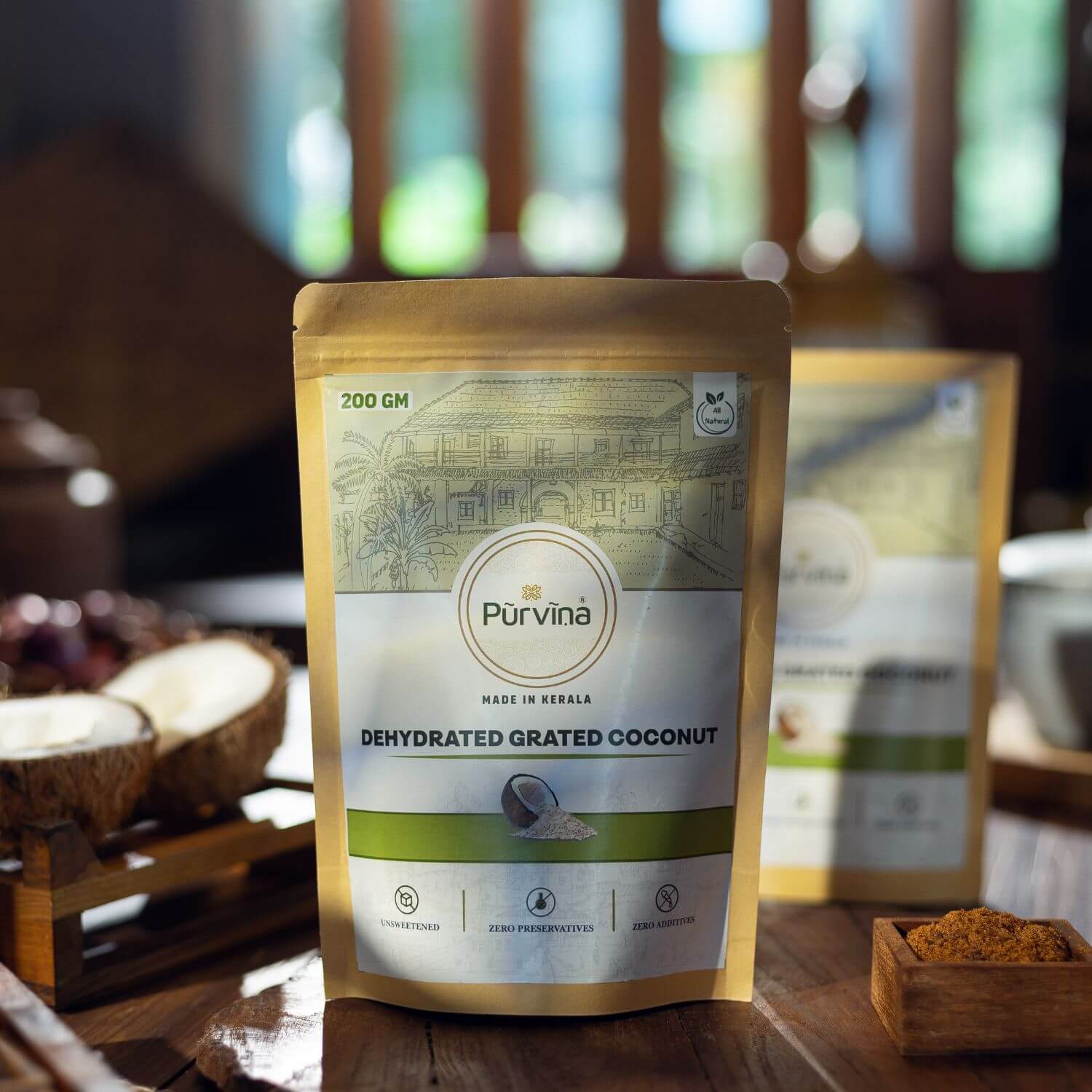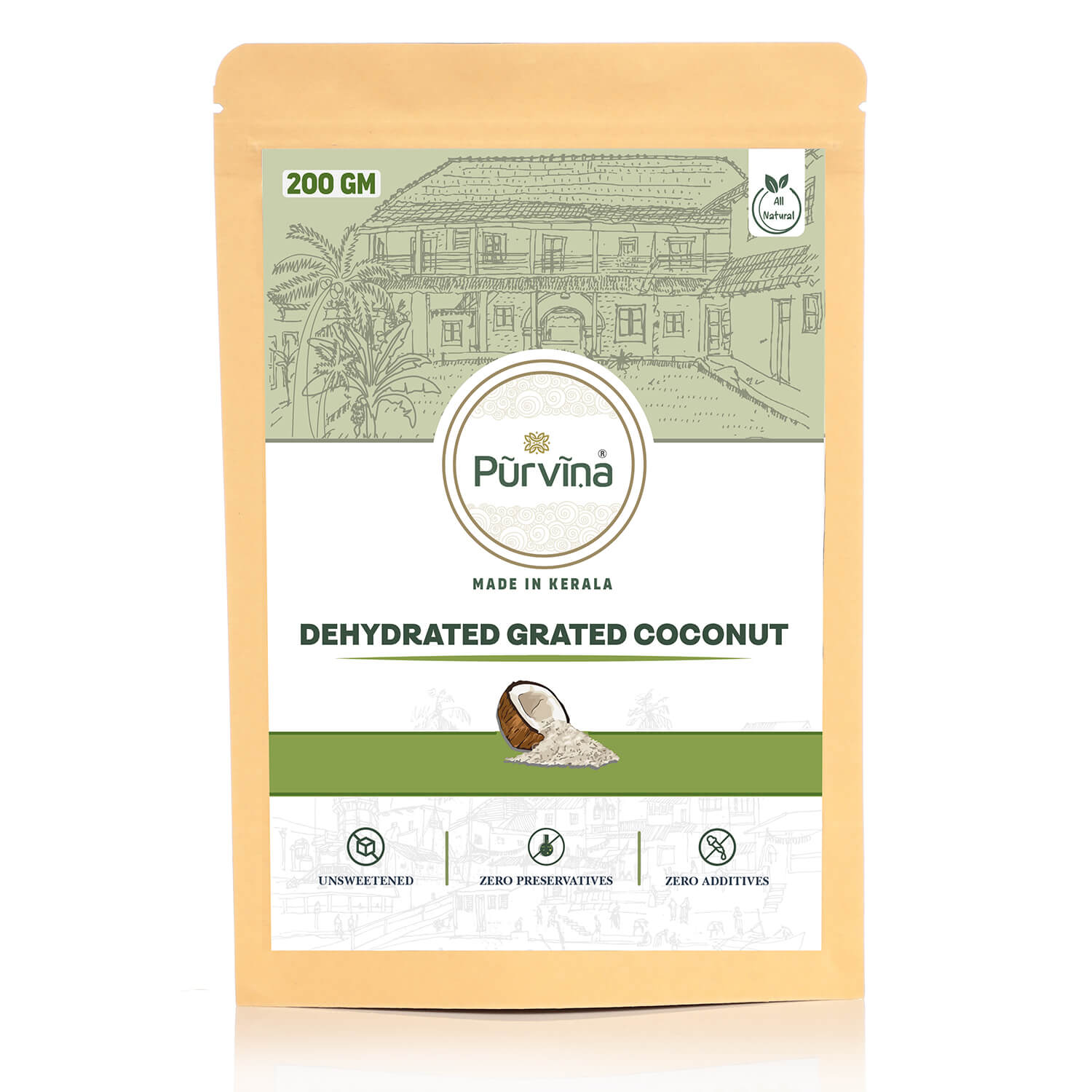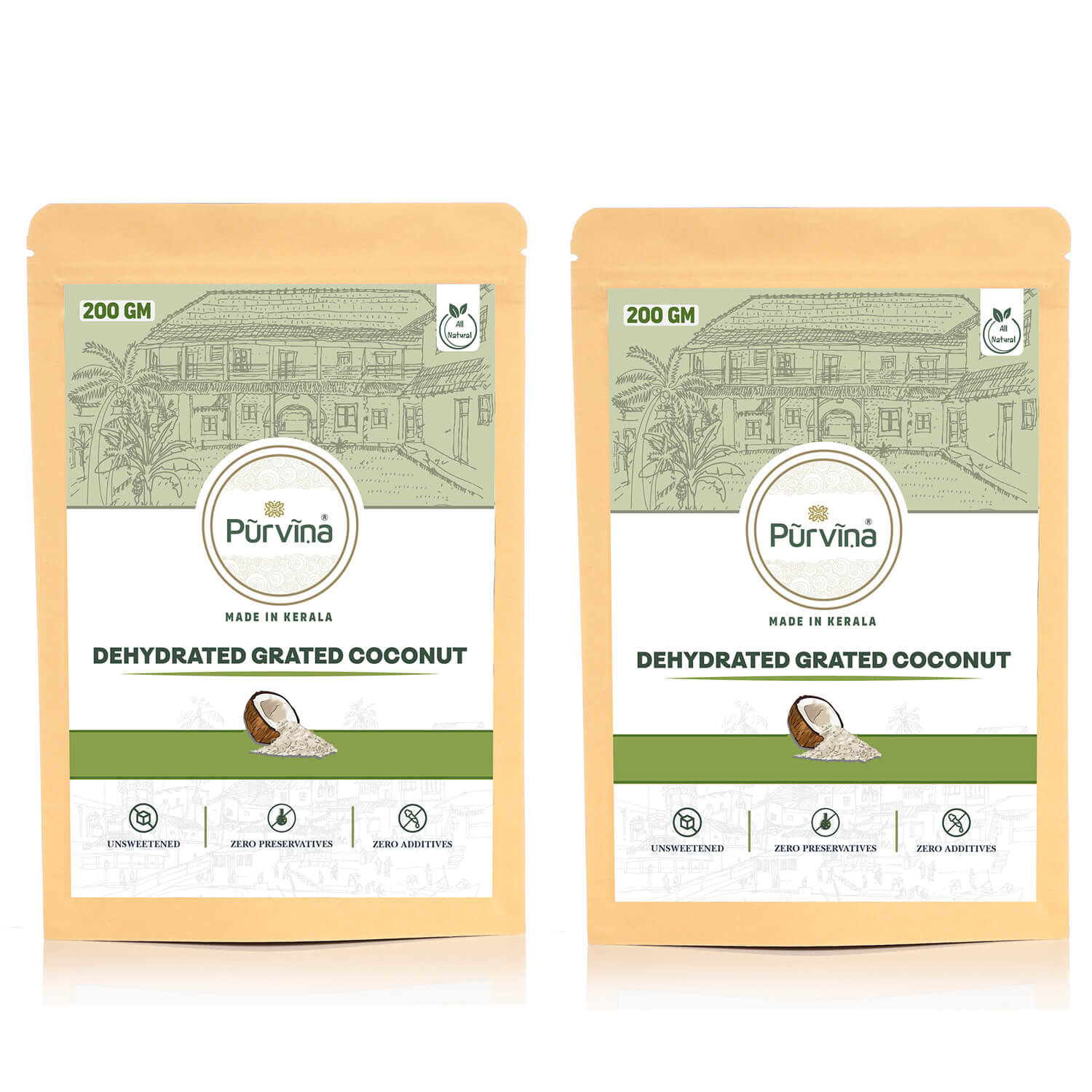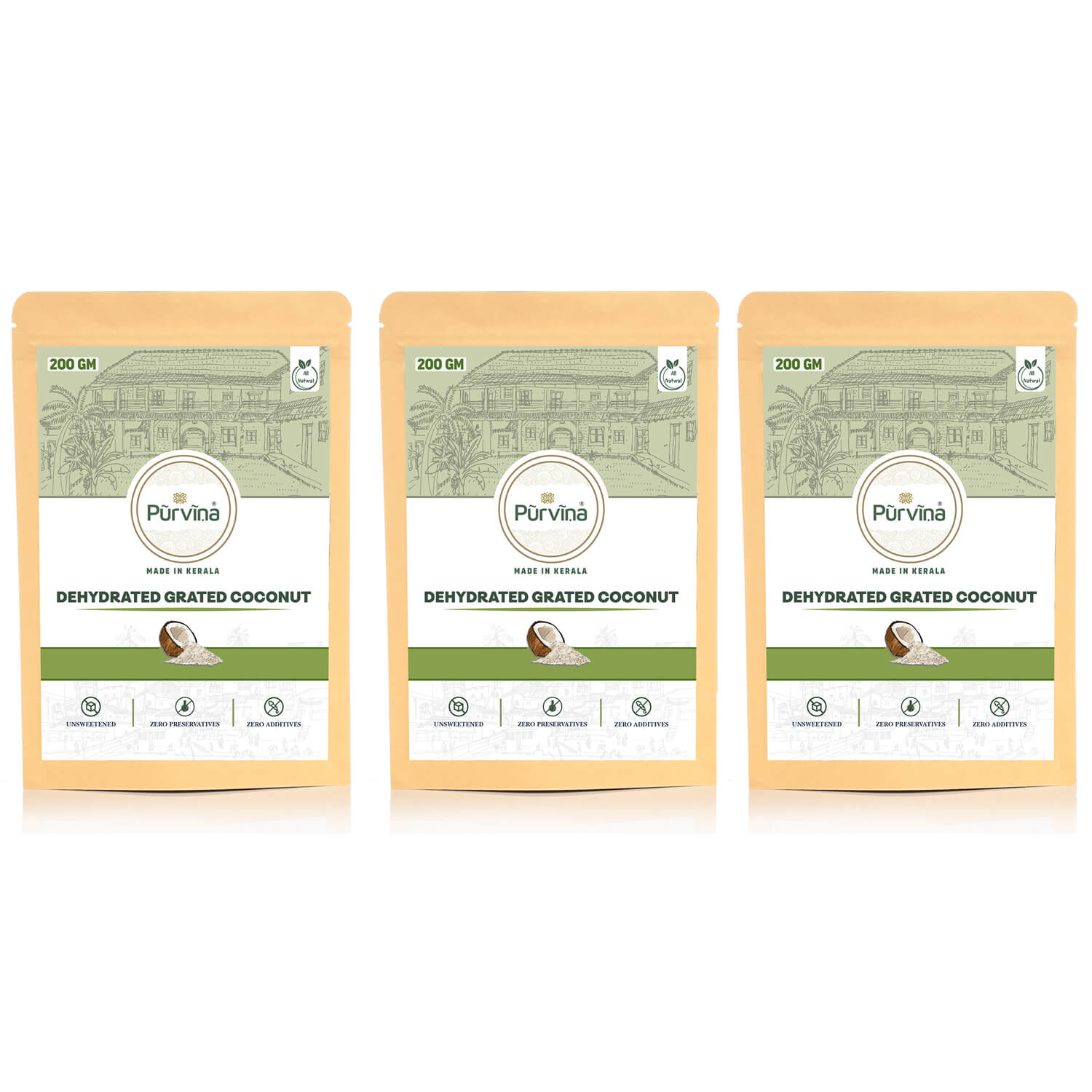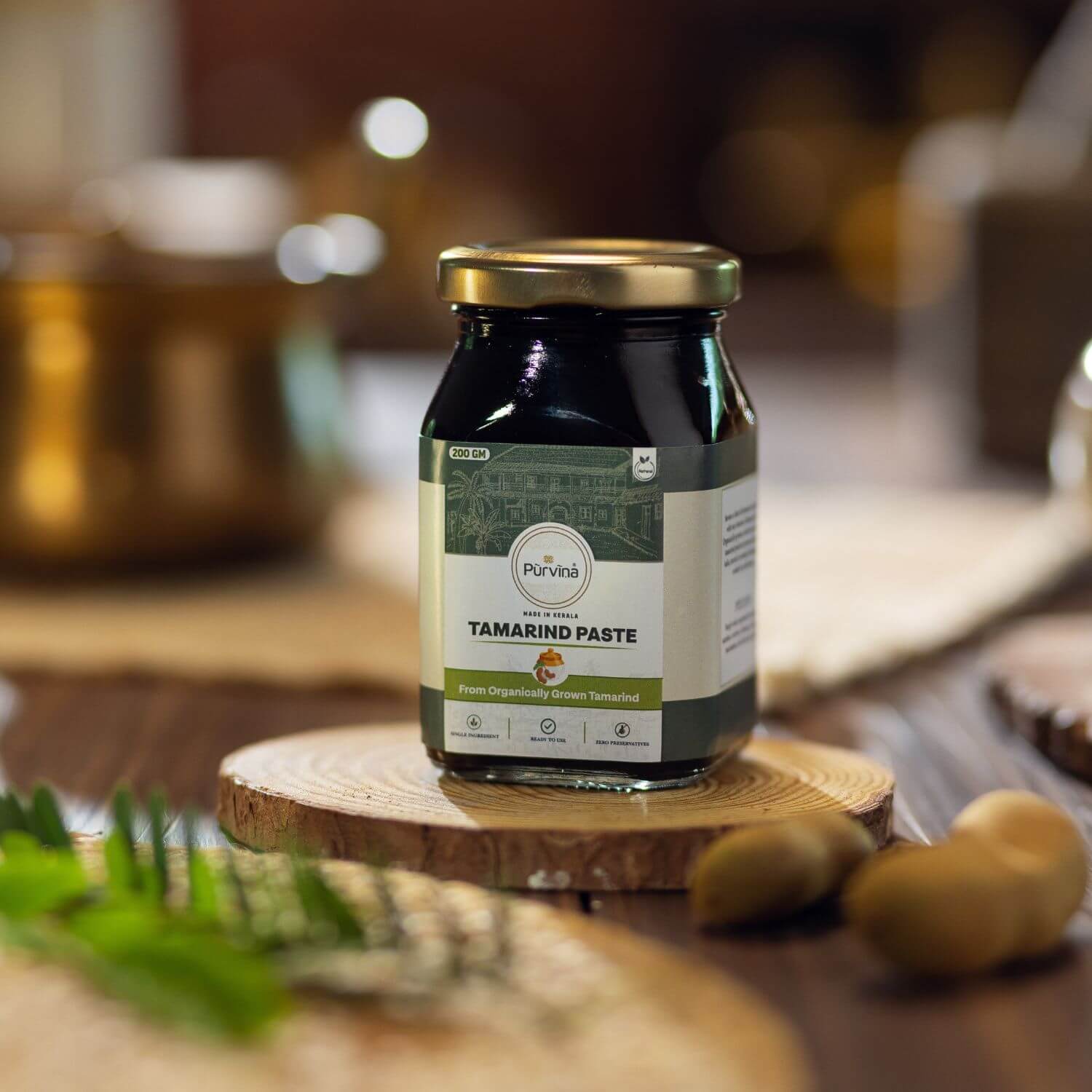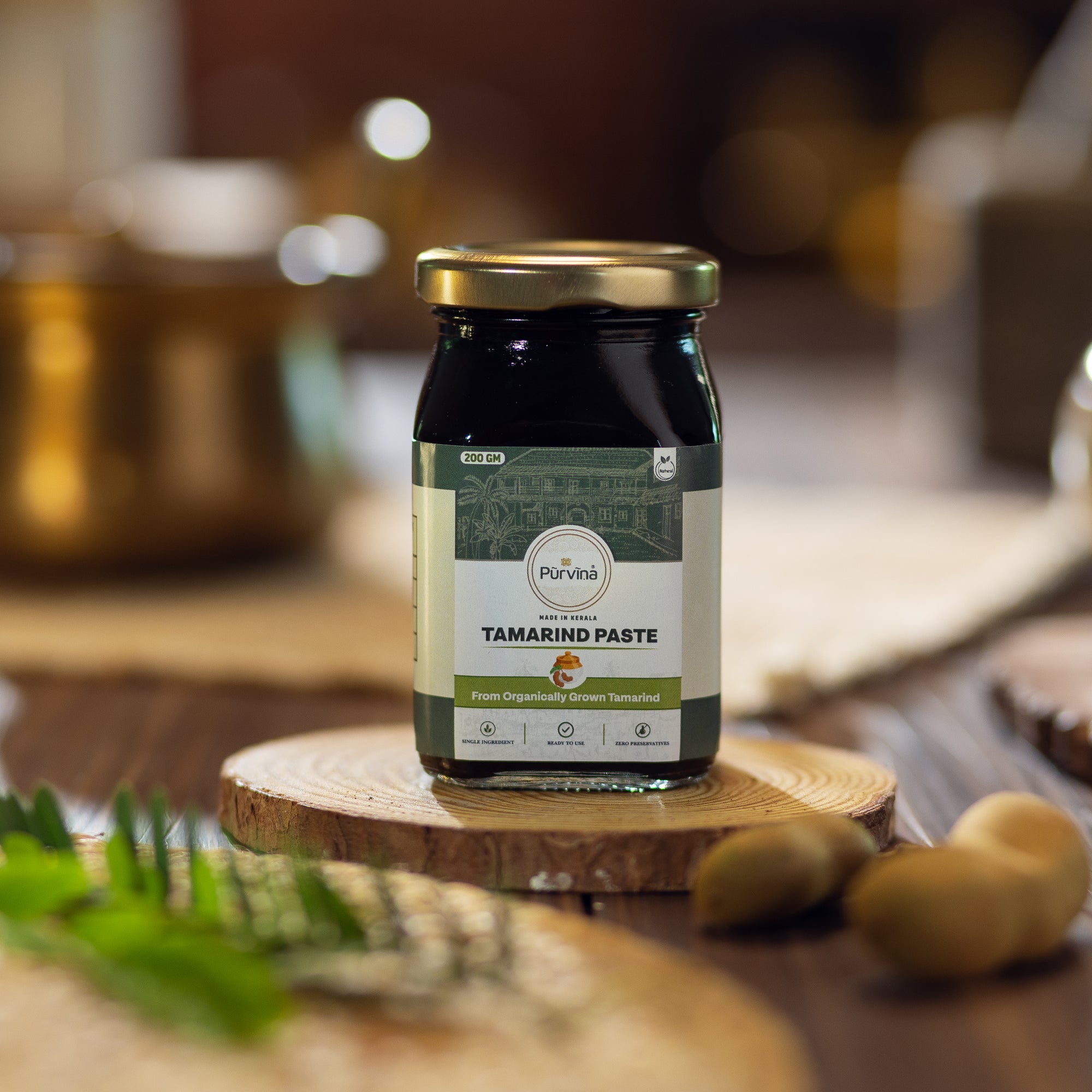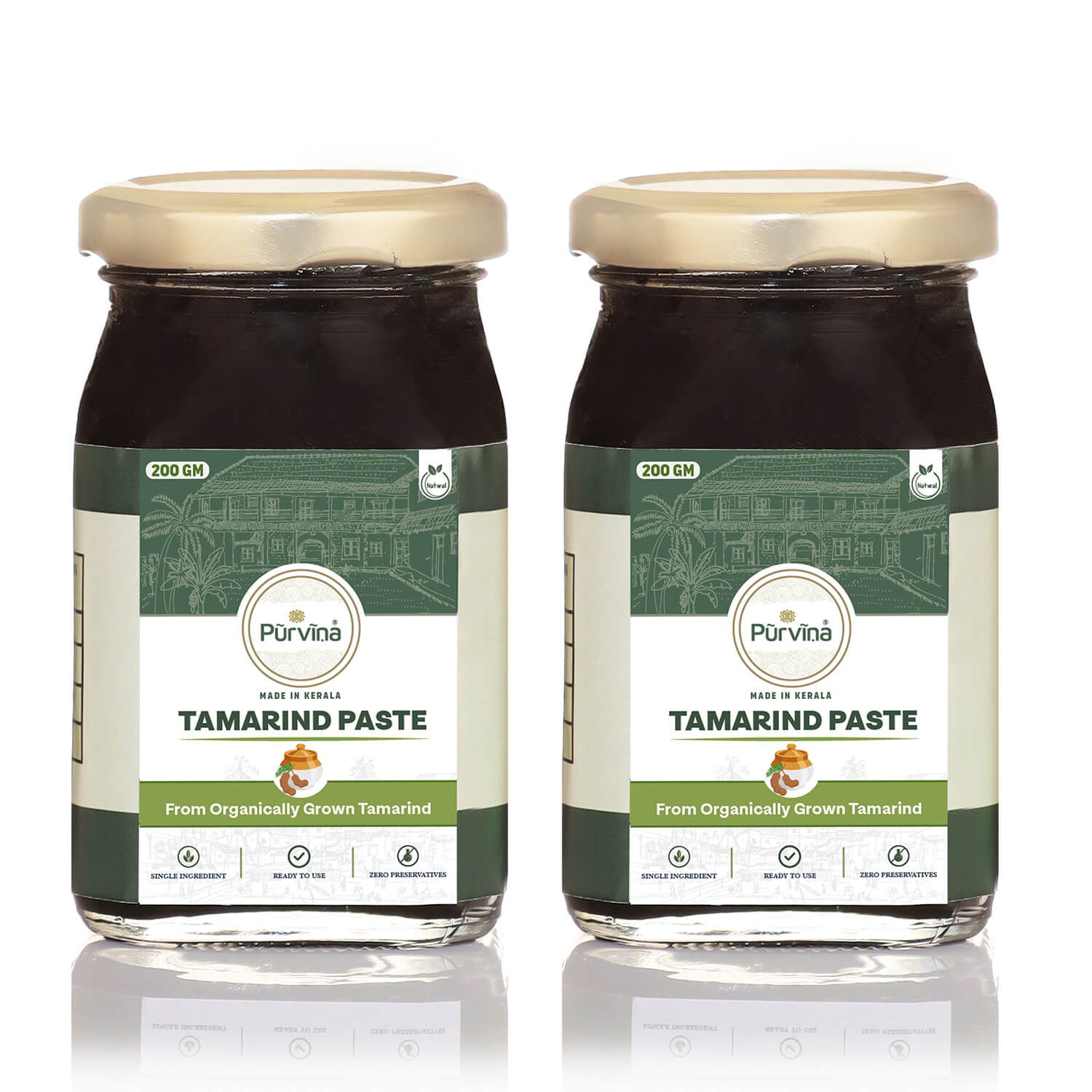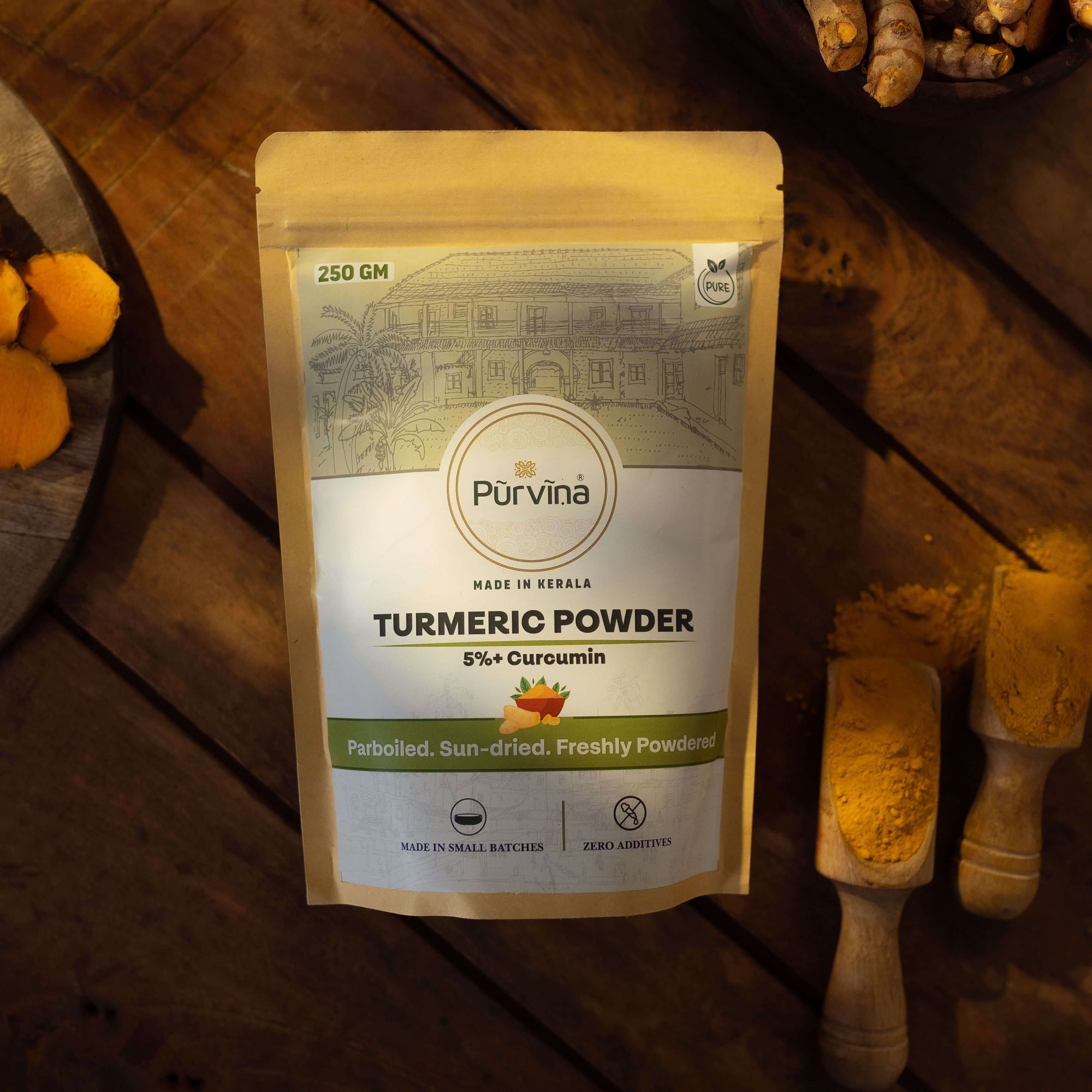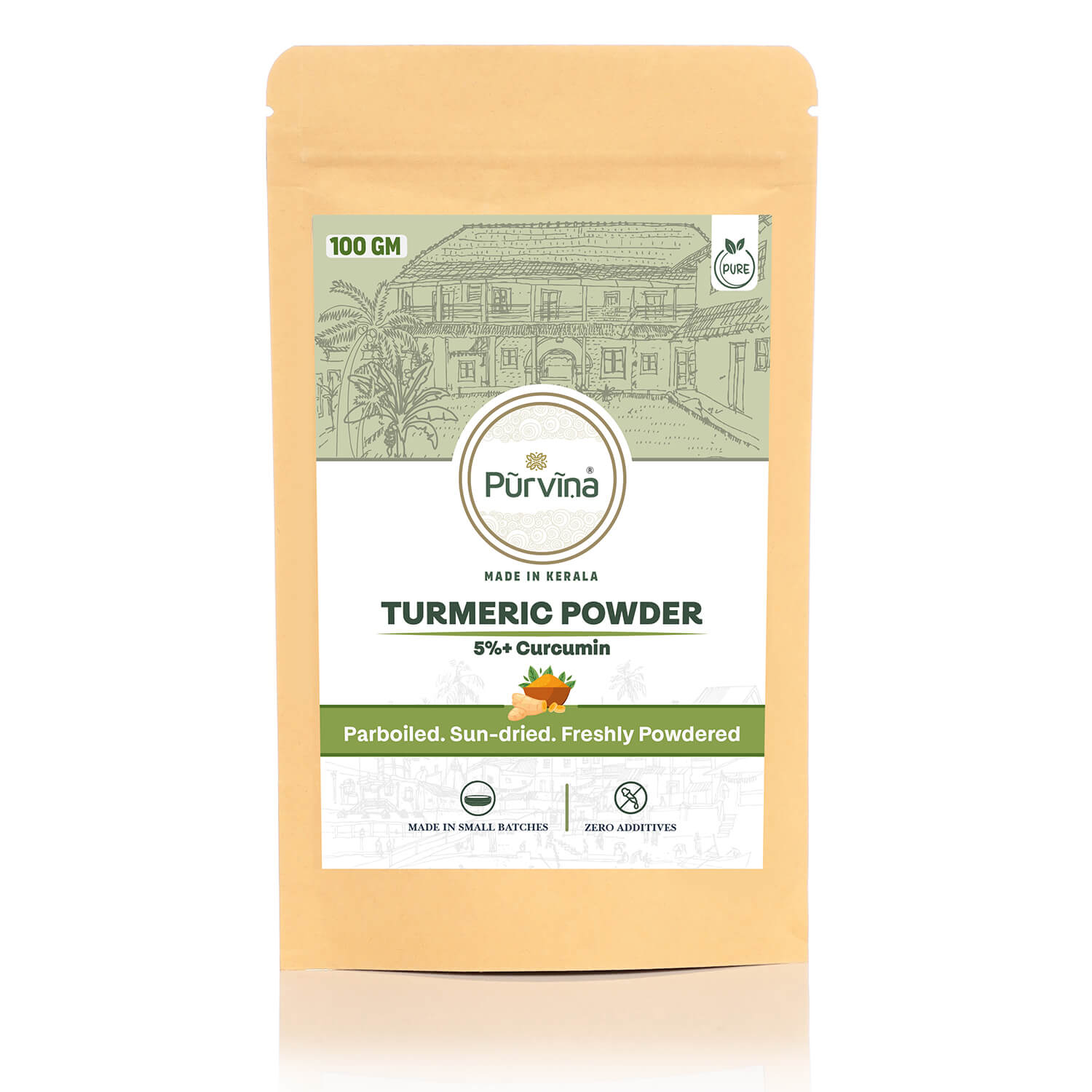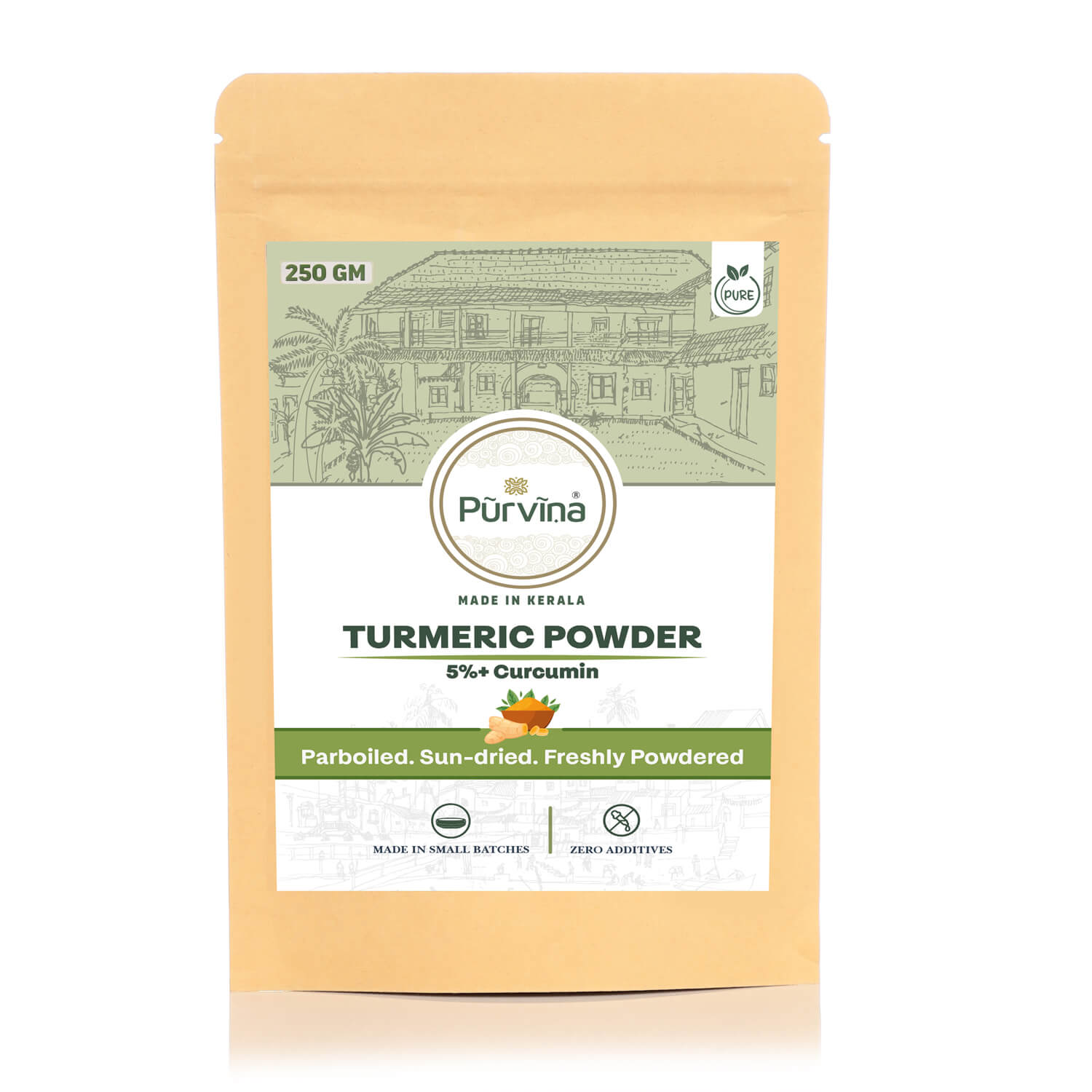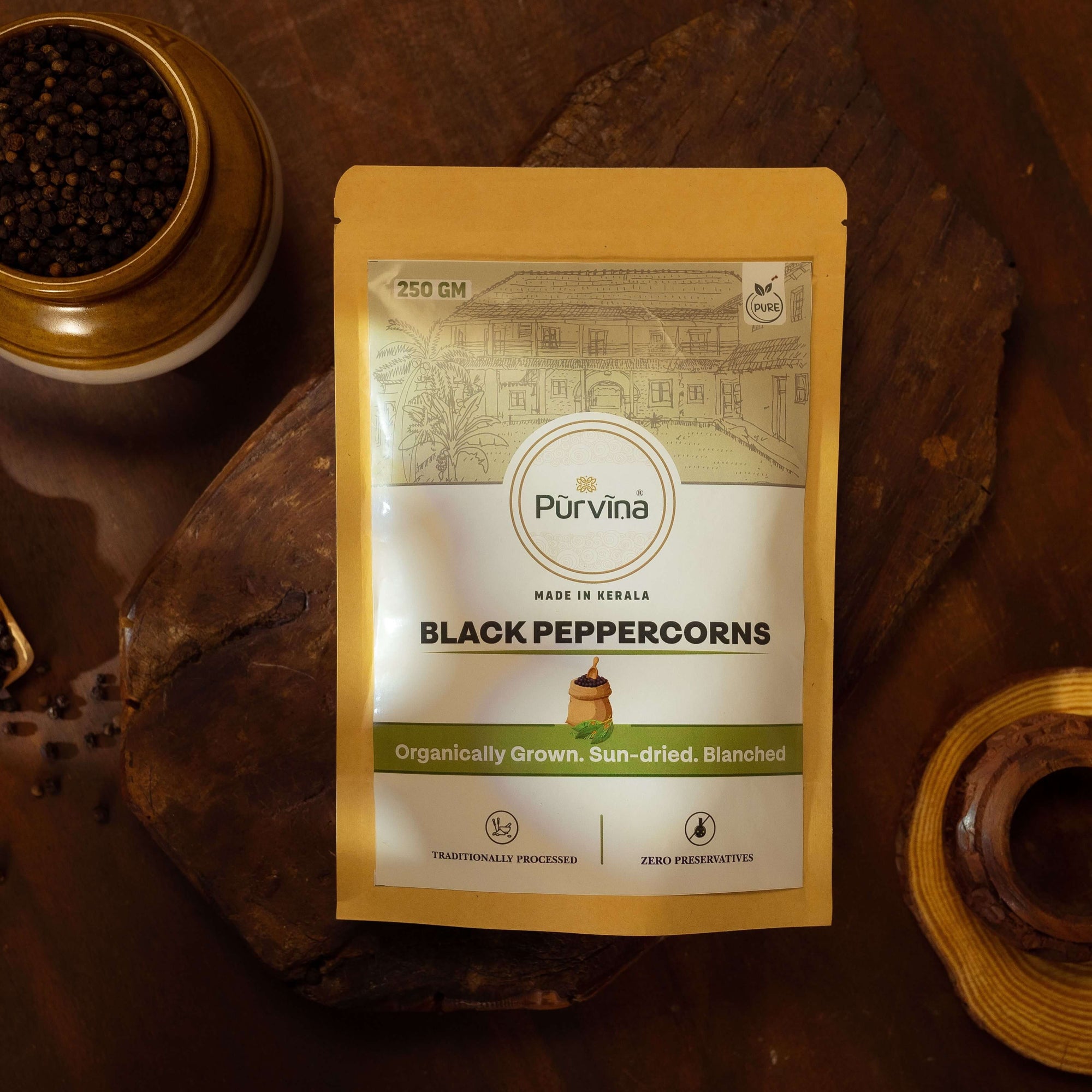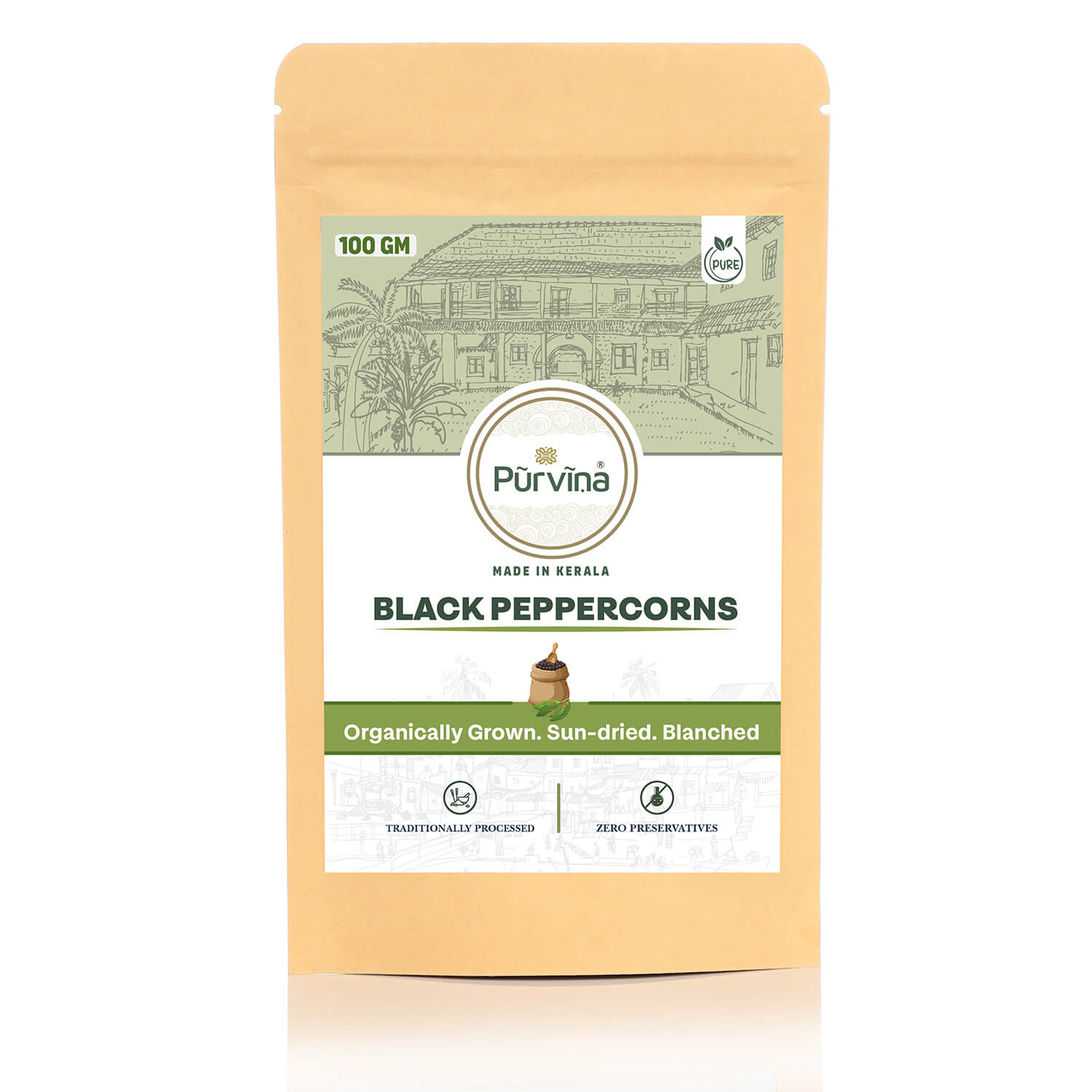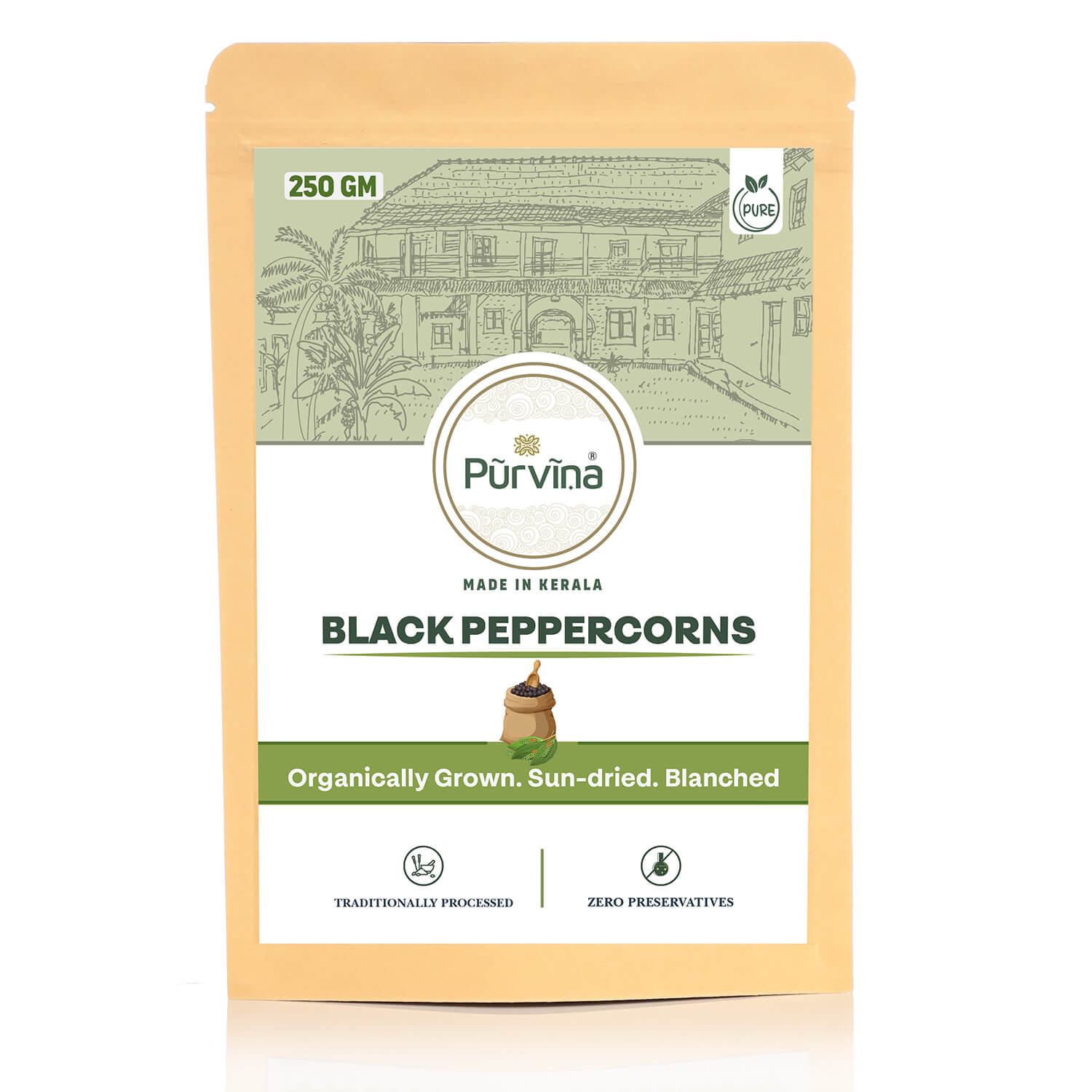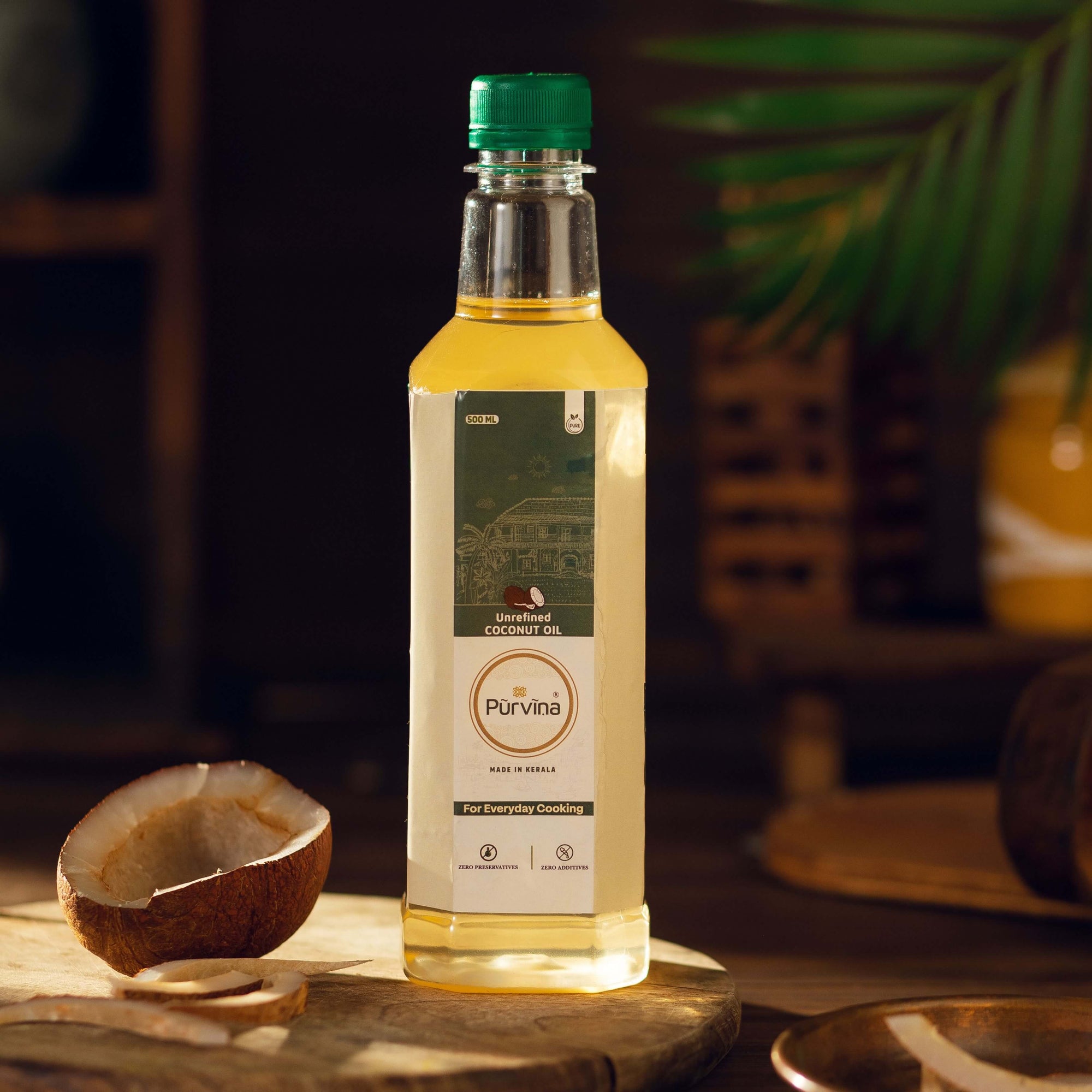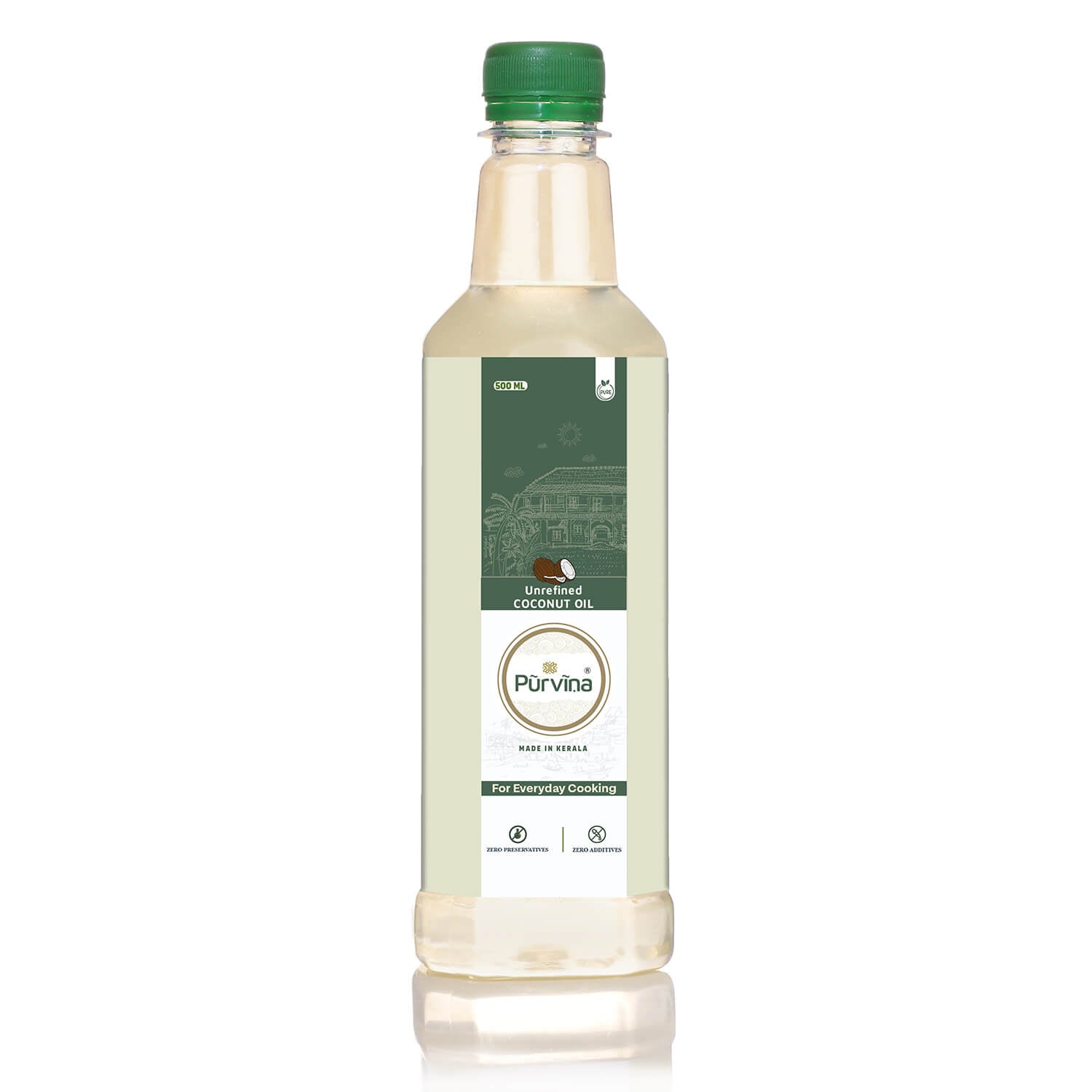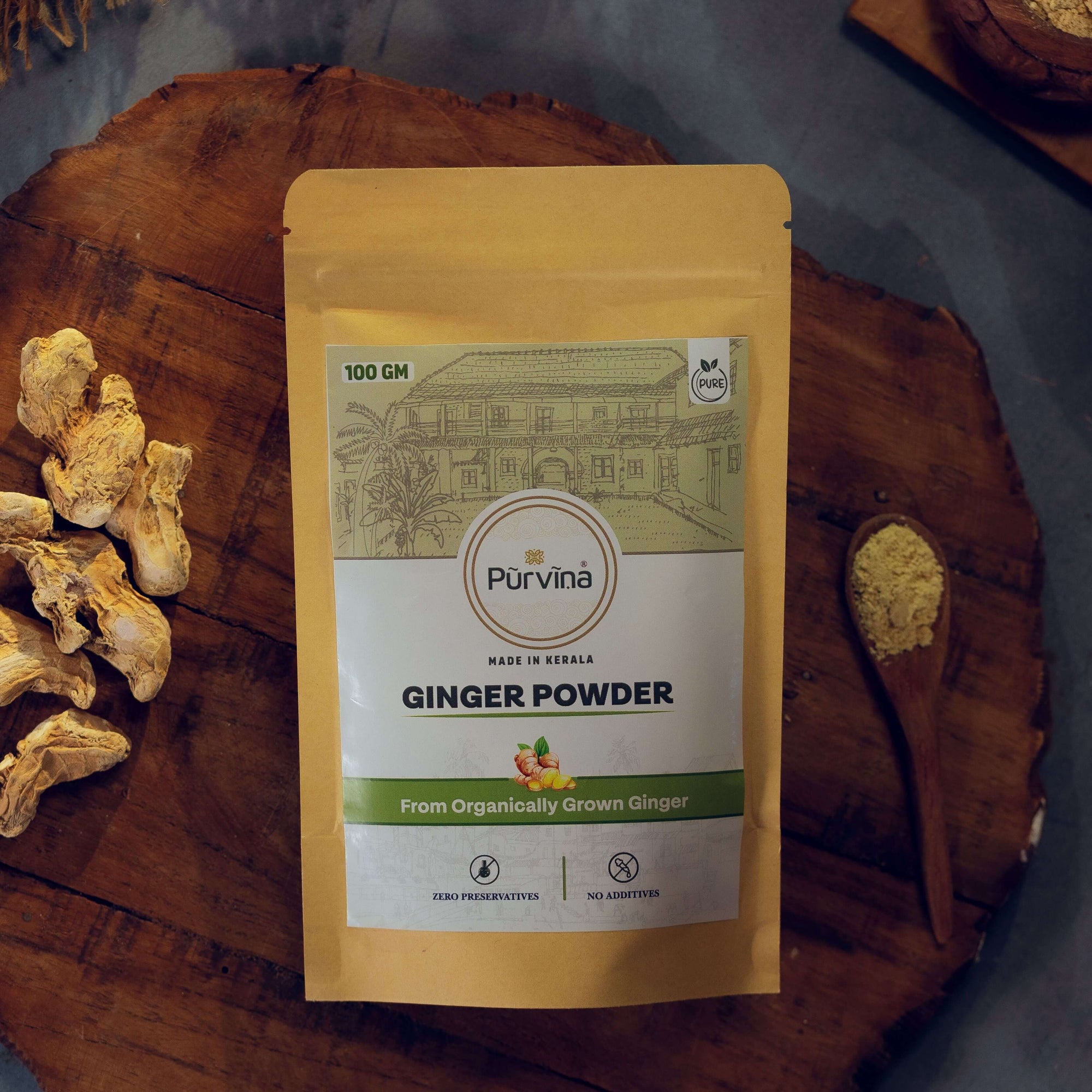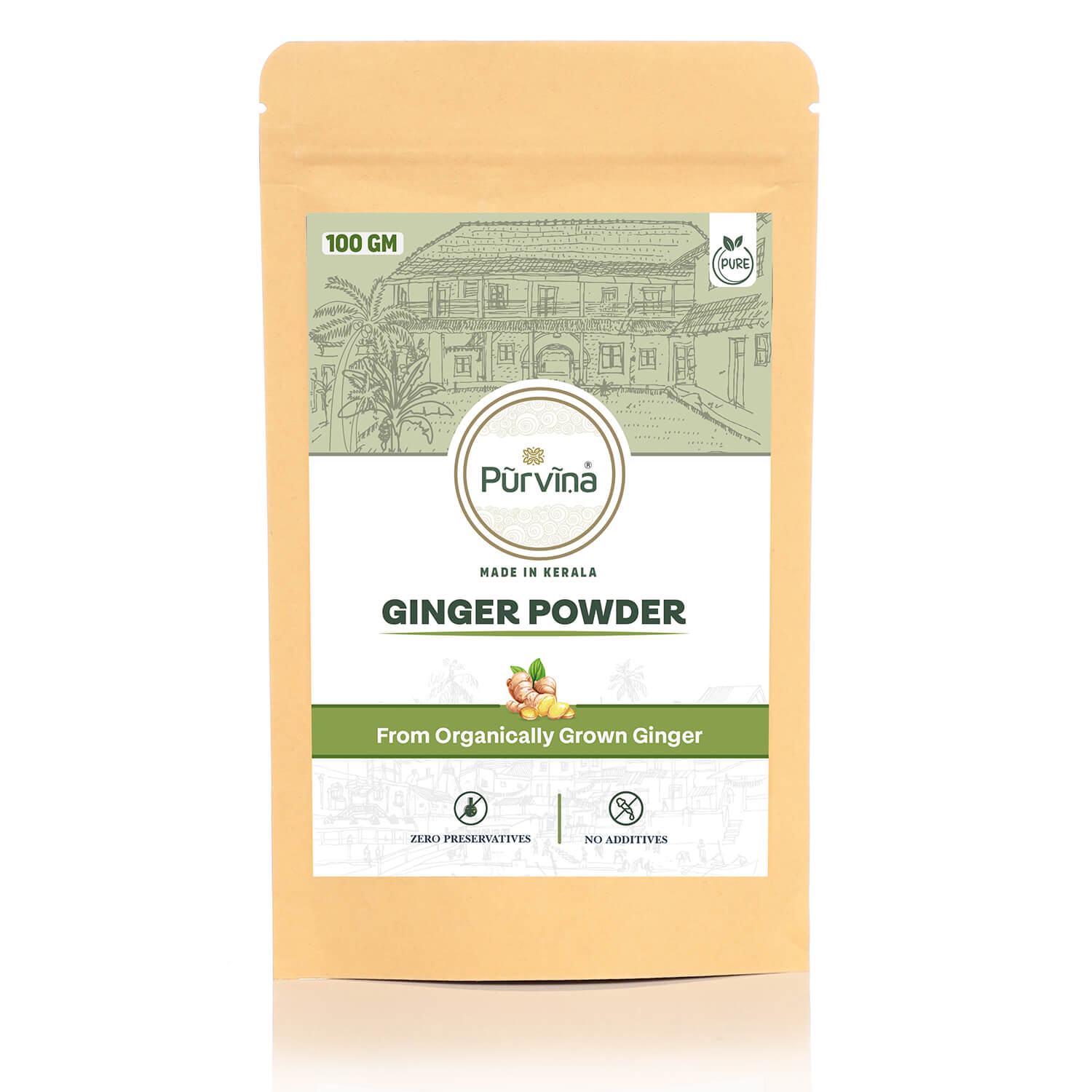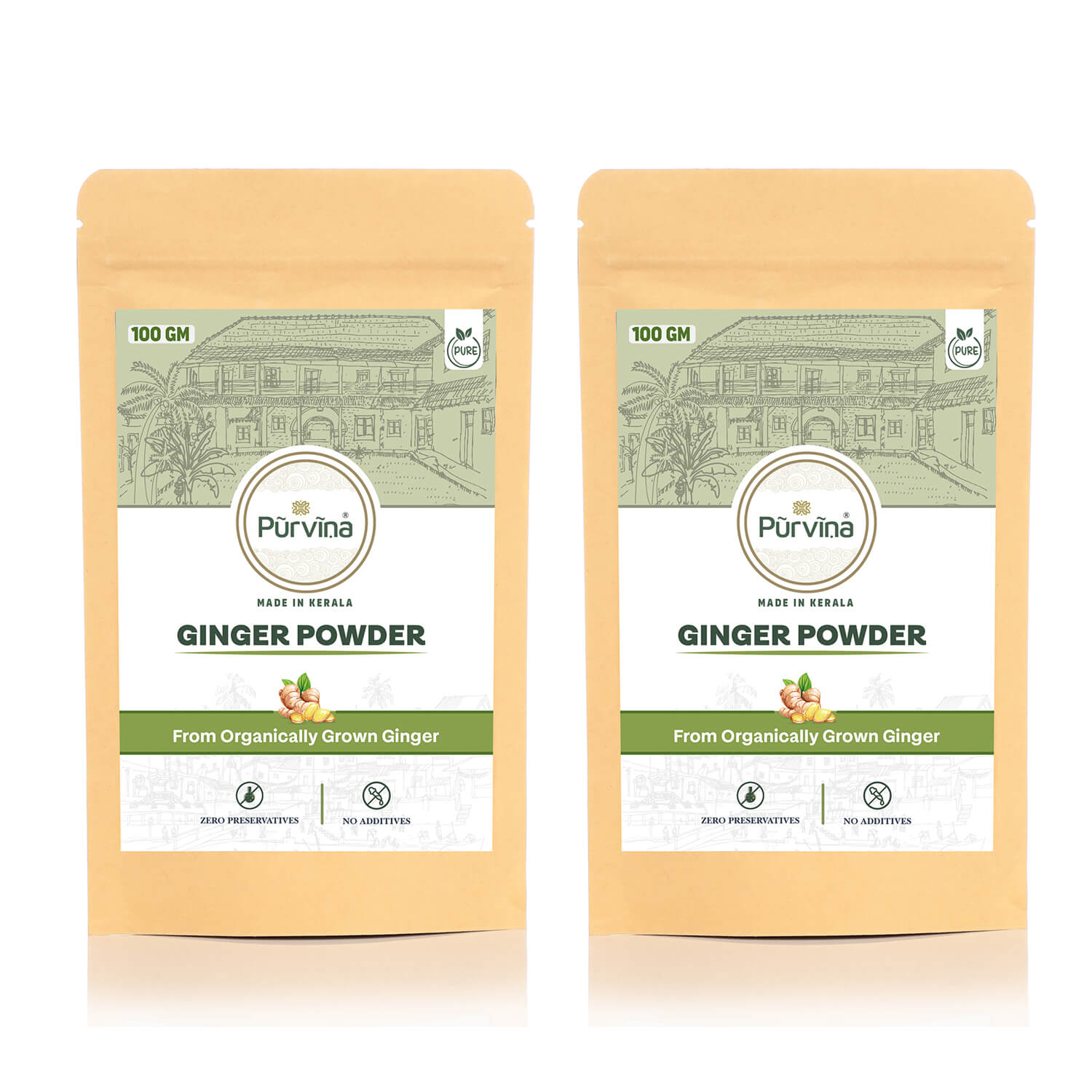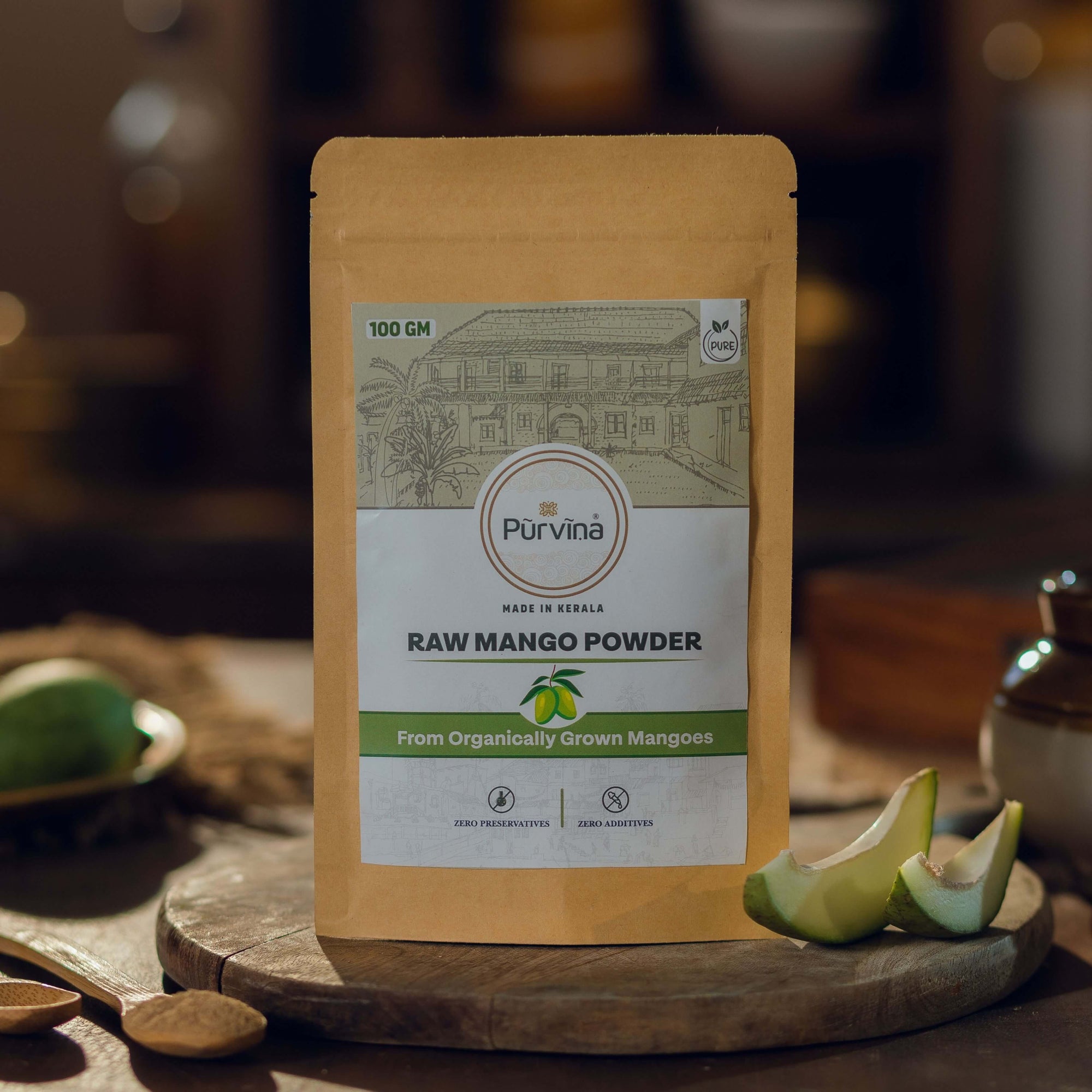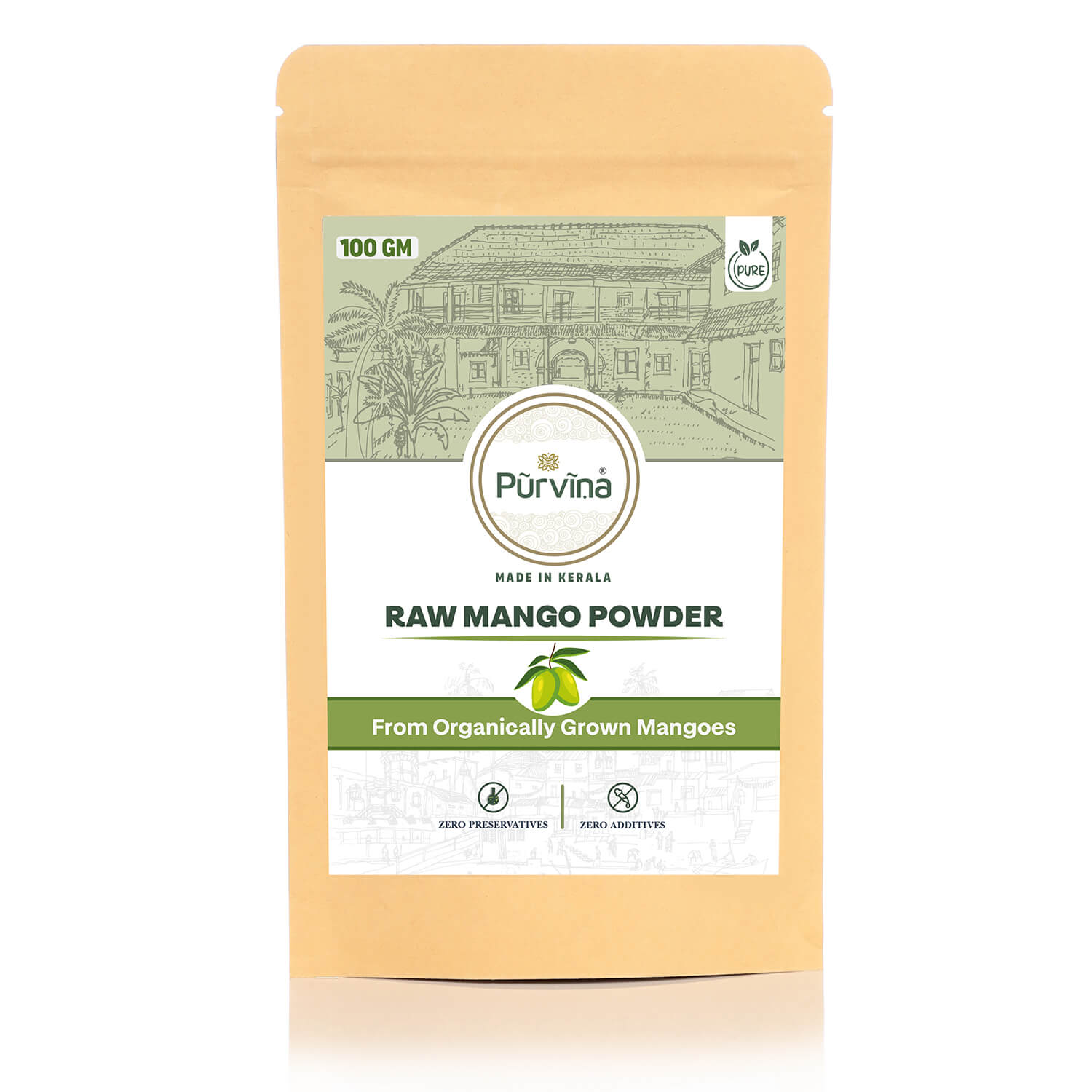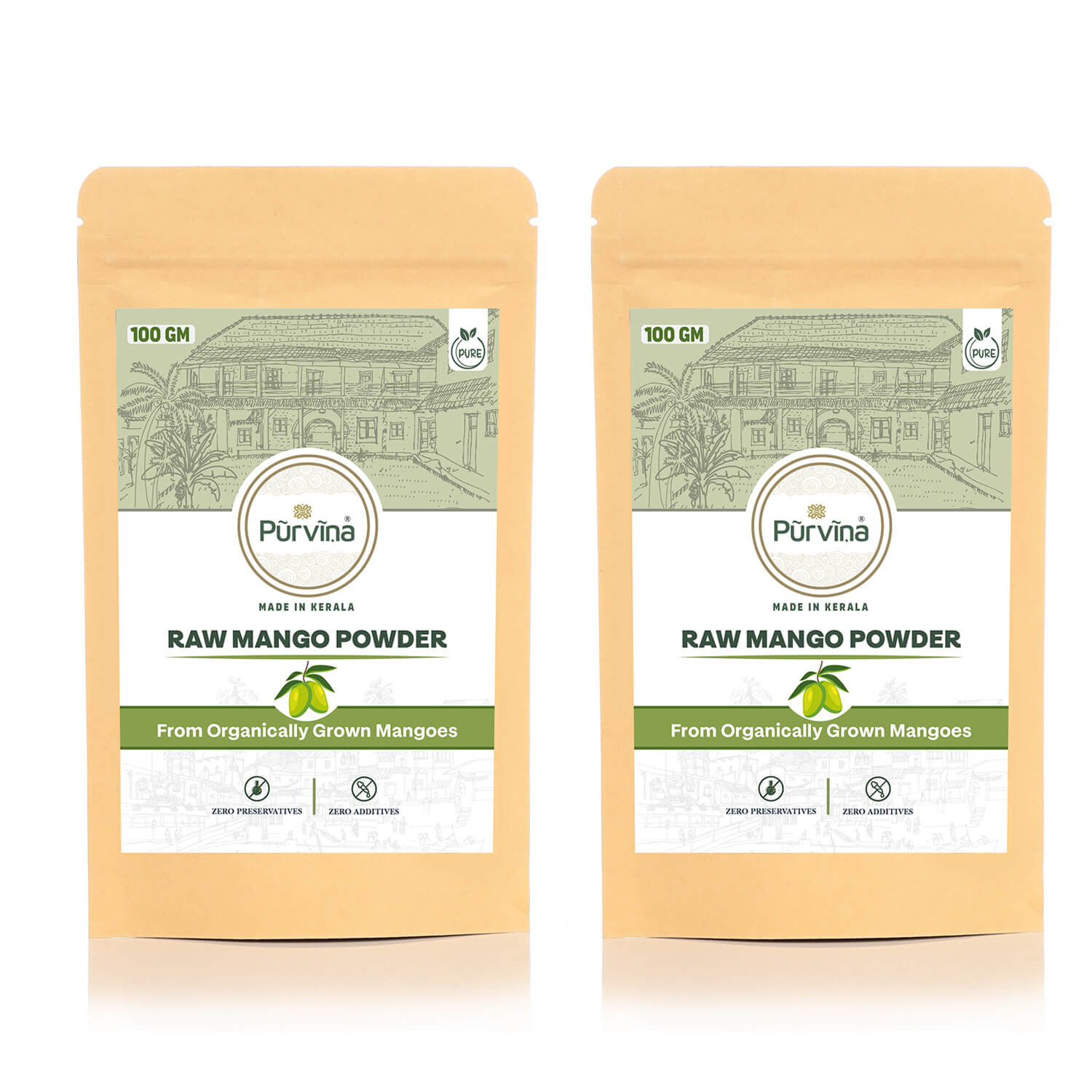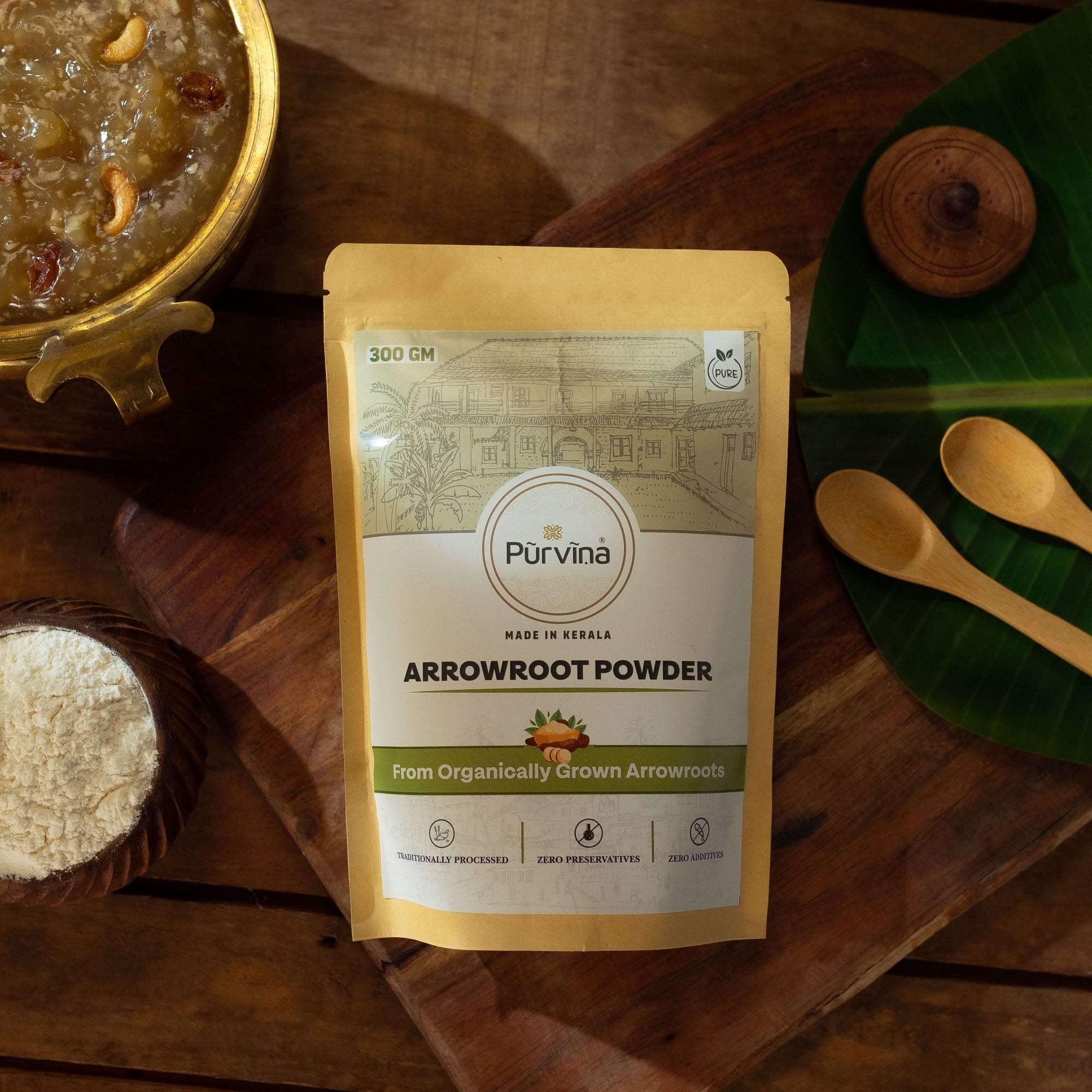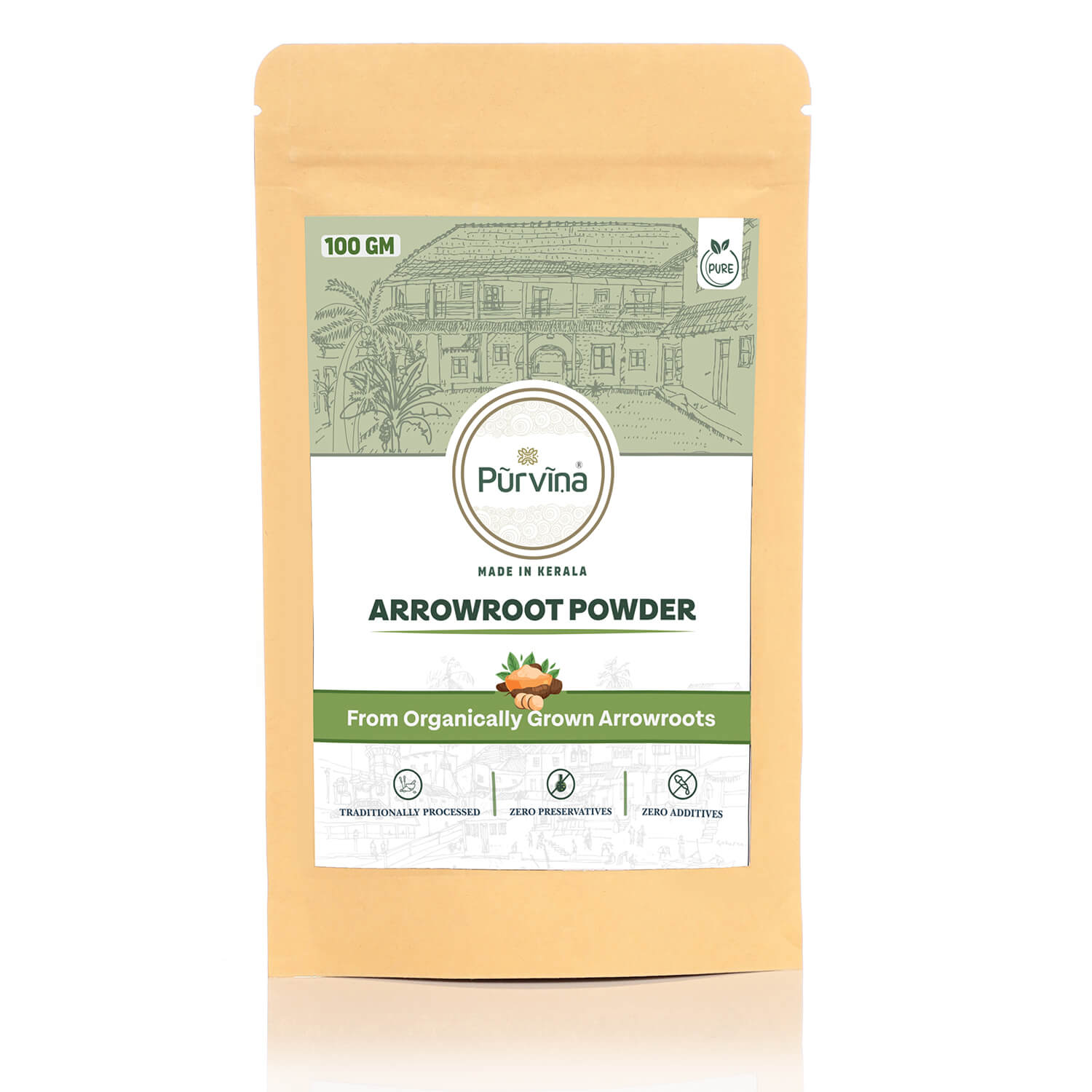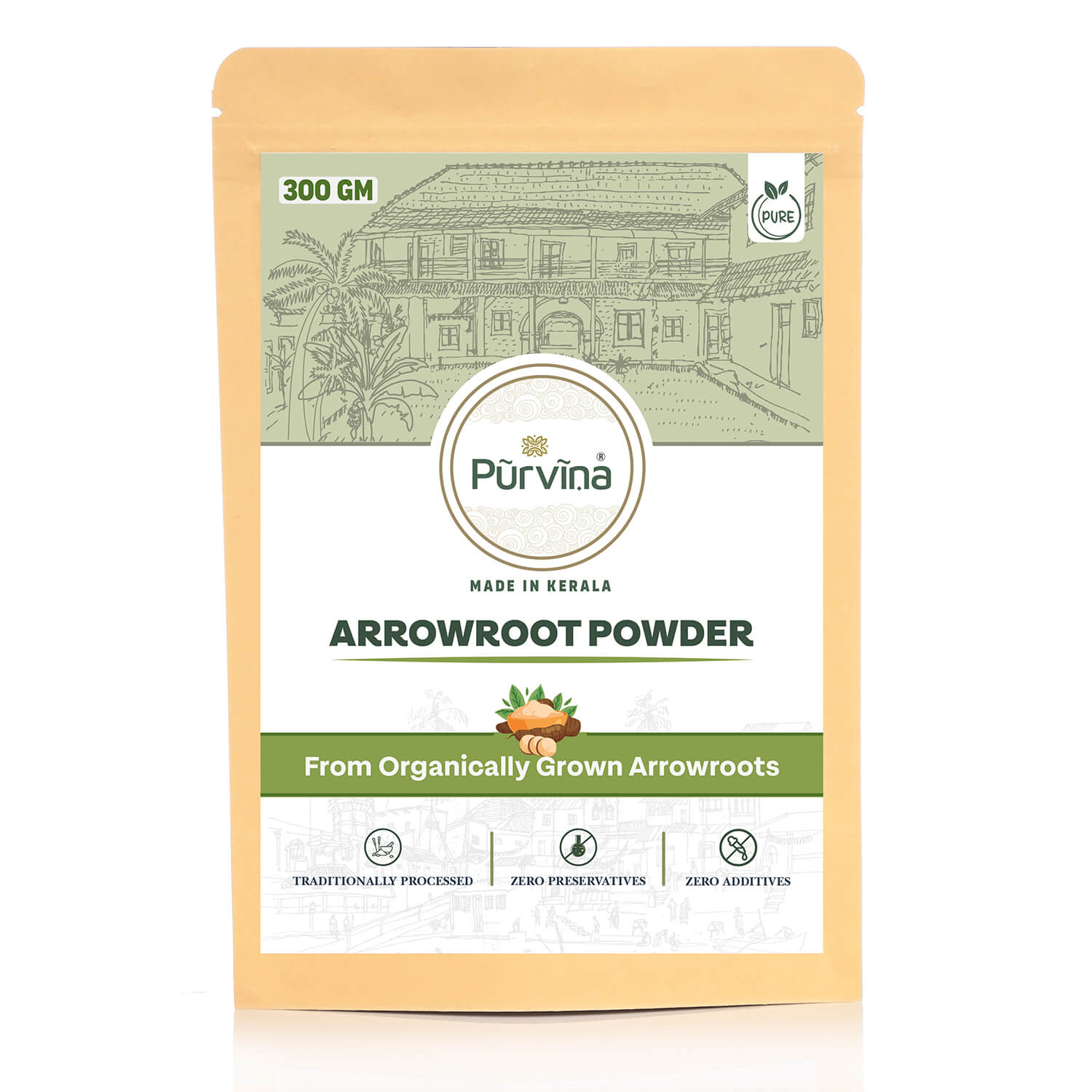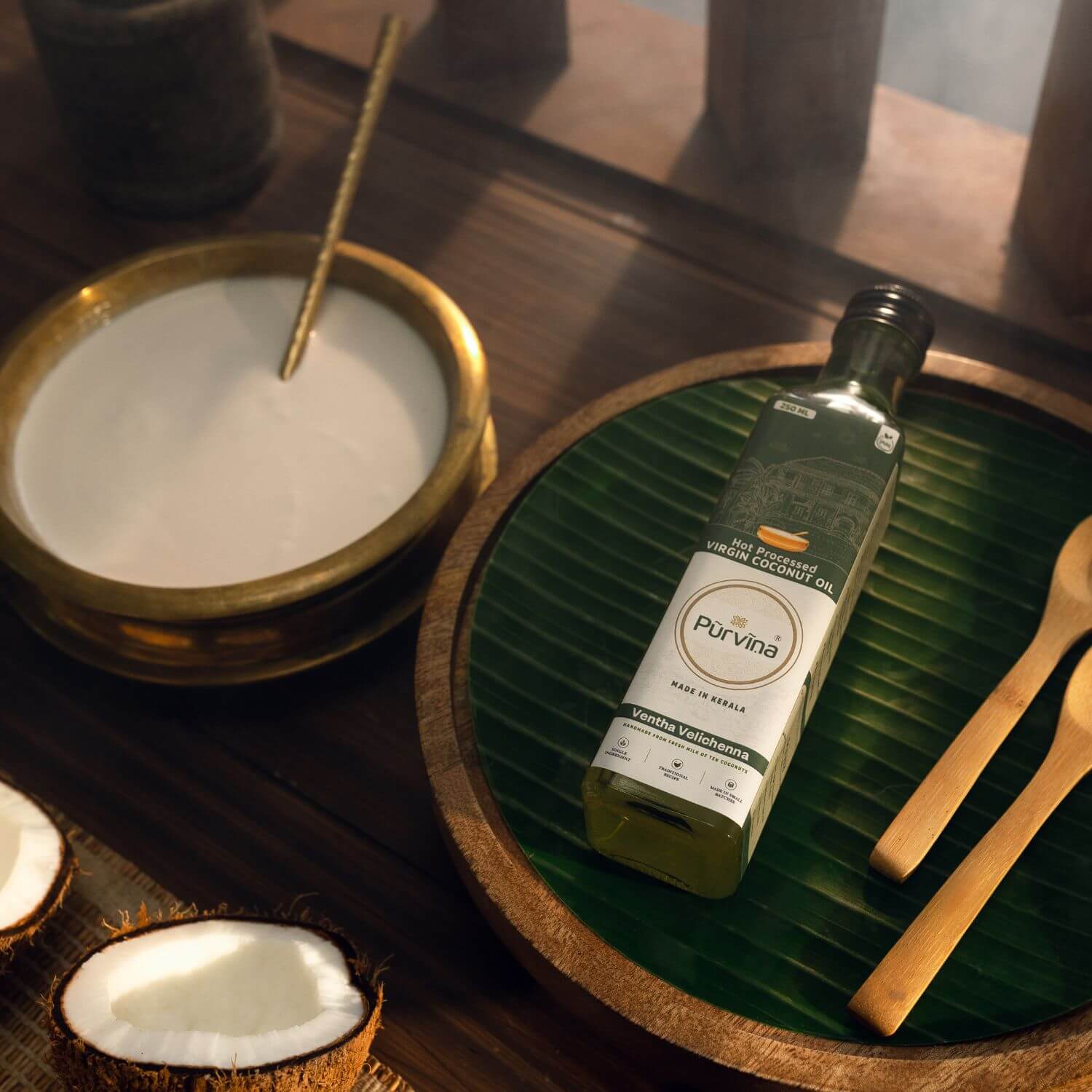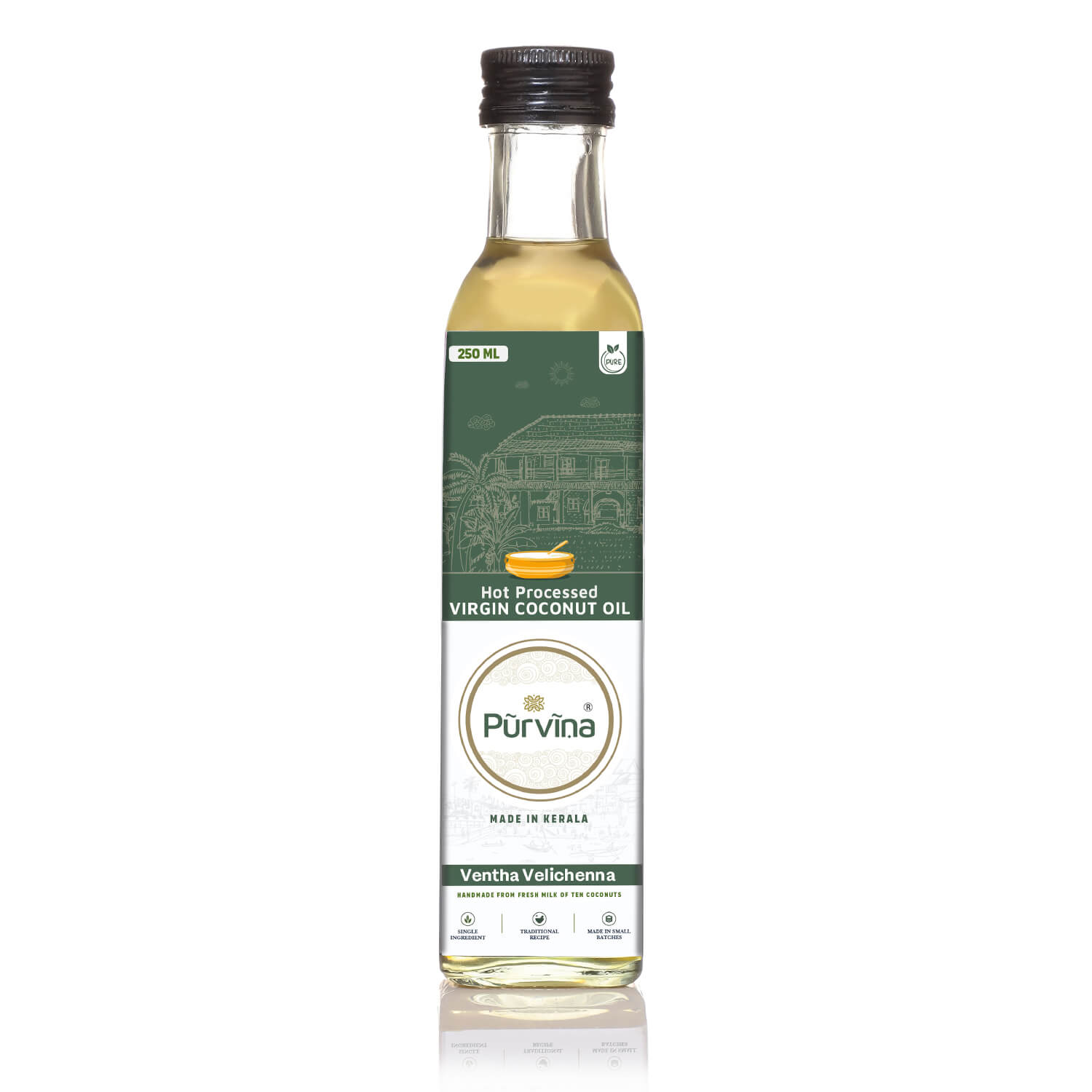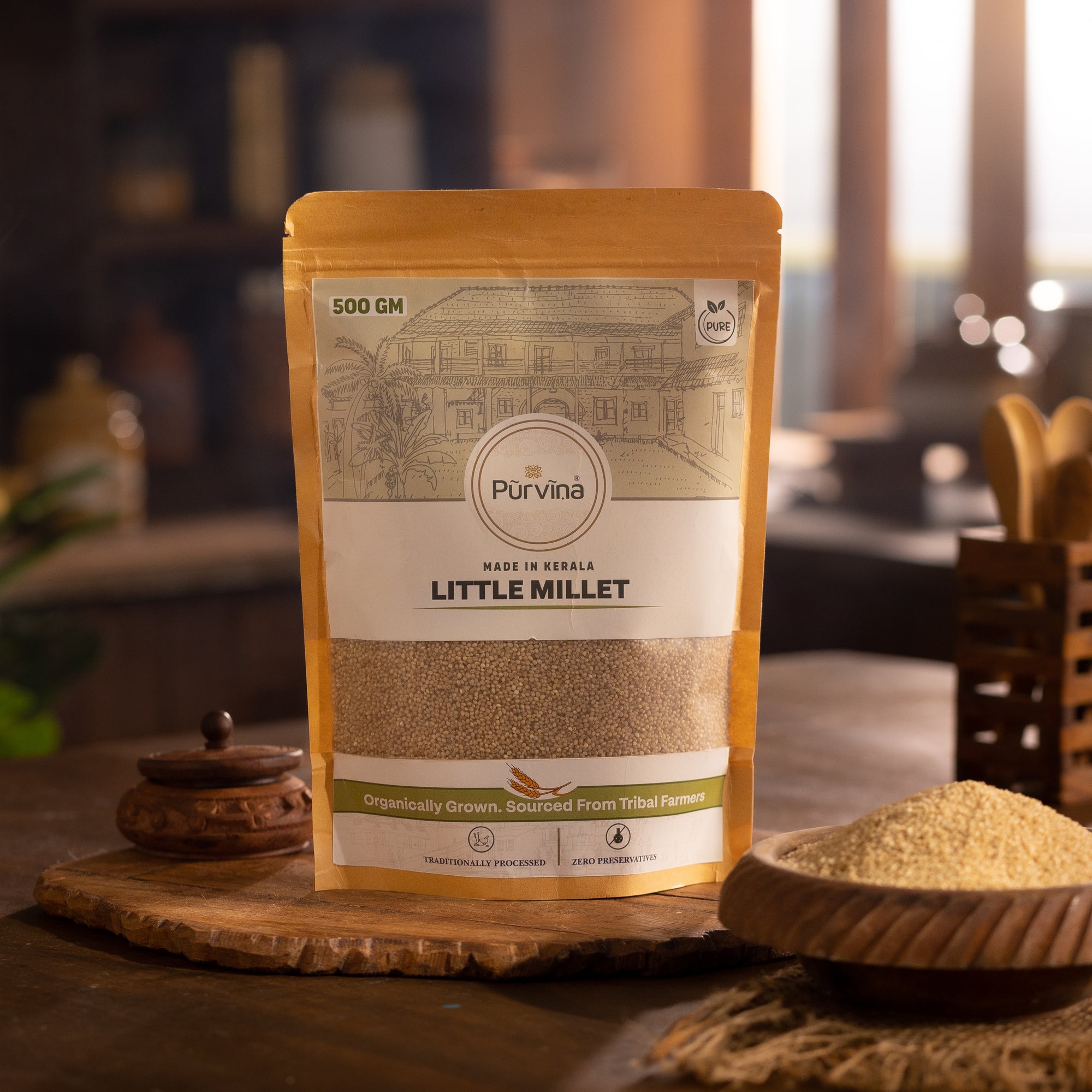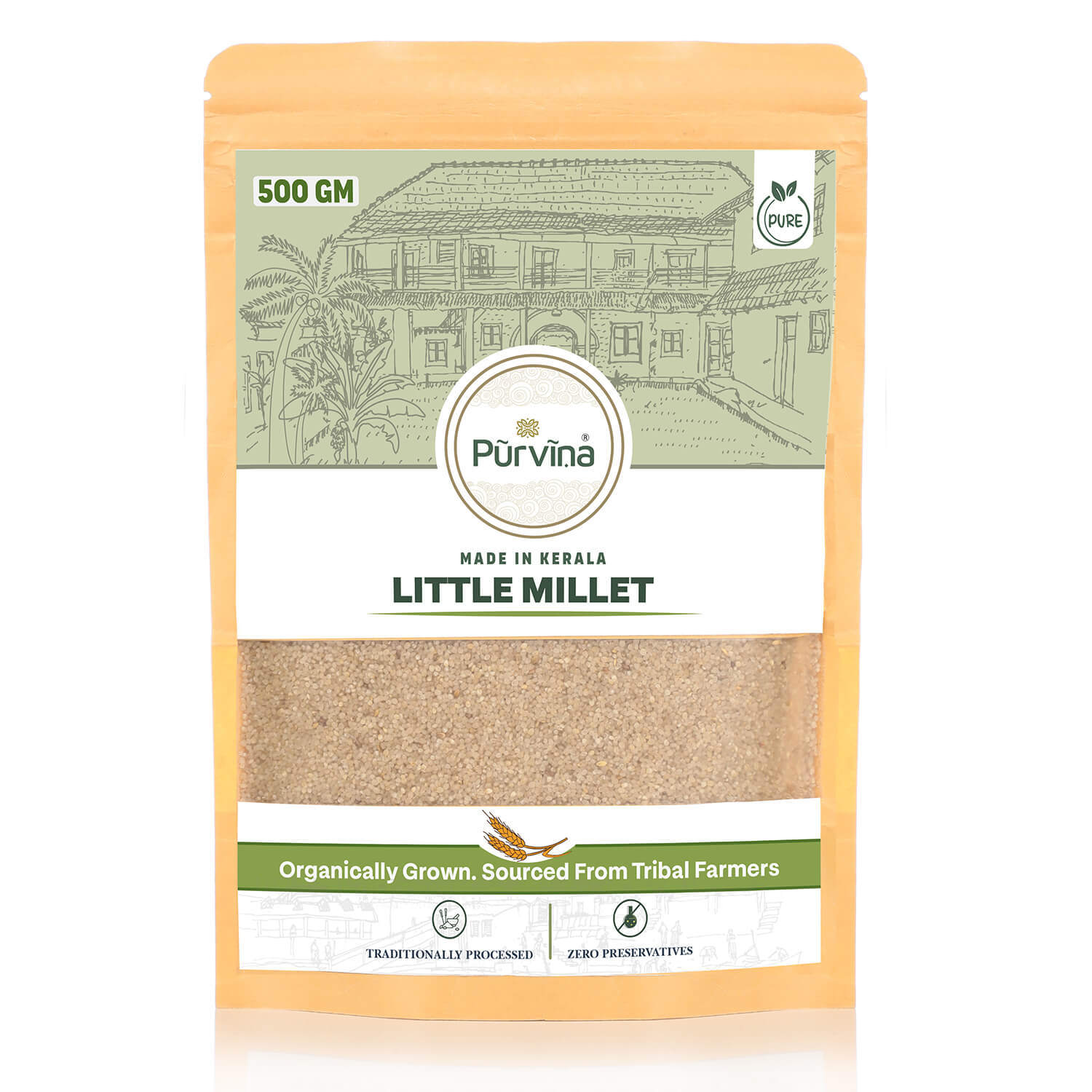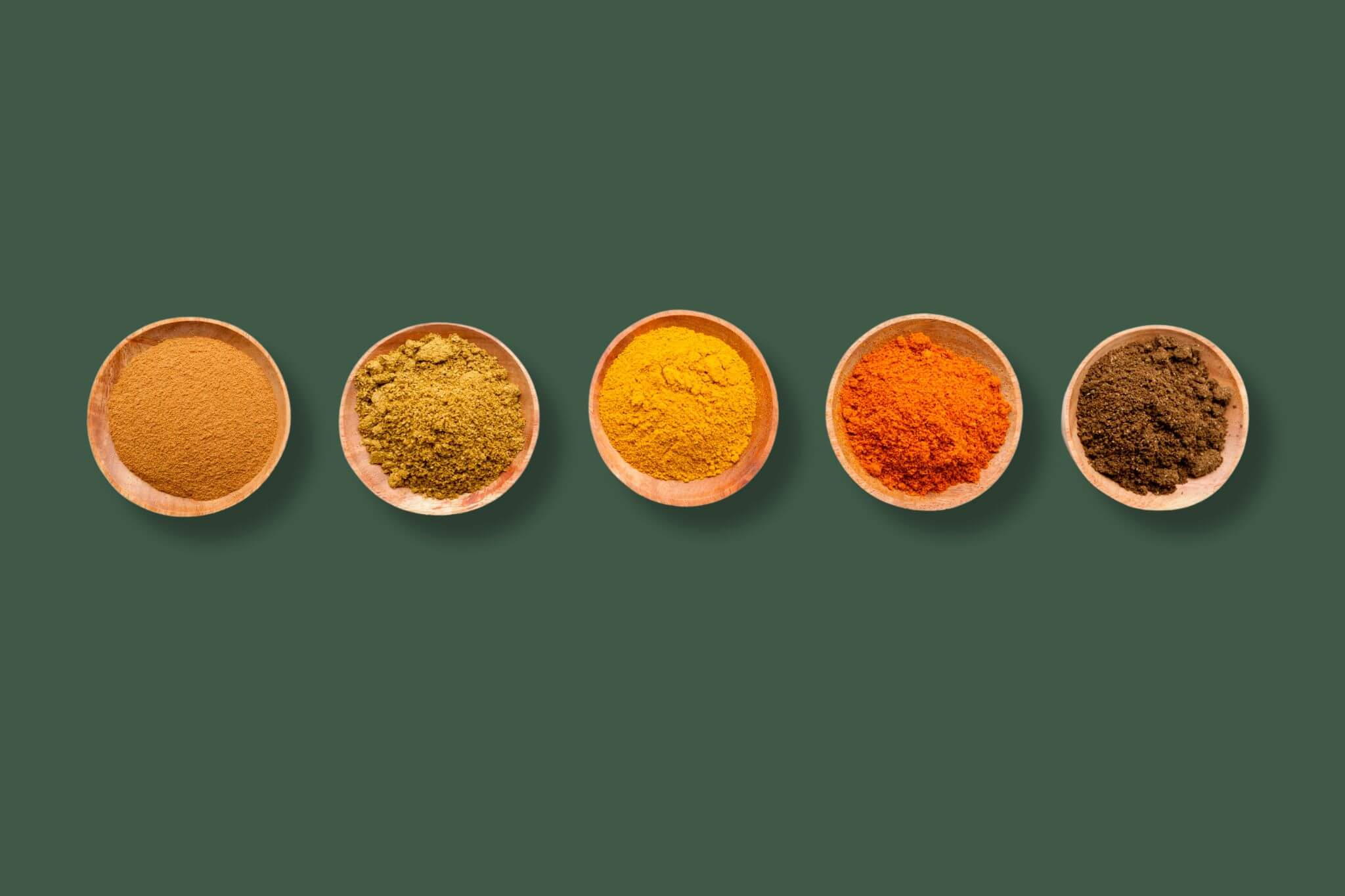
Food is fuel. There is no denying that. But it goes beyond simply filling up our stomachs. Food gives us the energy we need to function, sustain, and thrive. It is the manna that nourishes our families and friends, forming the crux of a deep, nurturing love. Food is the very foundation that our communities are built on, and the reason our communities continue to be tightly-knit.
Moreover, good food made from trusted, safe and wholesome ingredients is a symbol of the essential act of self-love. These ingredients are flourishing with stories of their own—Where did they come from? Who tilled the soil and harvested the crop that now graces your kitchen jars? What secrets do they hold within their pockets of supposed nutrition?
Processing Ingredients - go Traditional or choose Modernity?
Striking a balance between age-old wisdom and modern efficiency is crucial. This ensures that time-tested agricultural practices, rooted in real results, are preserved while also embracing advancements that naturally preserve product quality and freshness, and reduce contamination.
That's why at our farm in Anamangad, as well as the farms we partner with, we process organically-grown ingredients in a thoughtful blend of traditional methods, heritage recipes, and technology-driven facilities.
The unending pursuit of instant gratification has left traditional farming practices in a tough spot, where many farmers abandon time-tested methods in favour of the obviously more efficient modern options. It's why, at Pūrvīṇa, we constantly remind ourselves of the numerous benefits of traditional farming and processing techniques.
- Nutrient preservation: Traditional methods often retain more of the food's original nutrients, offering a richer, more wholesome product.
- Flavour locking: Heritage recipes and traditional processing bring out the authentic flavours of ingredients that modern methods can sometimes dilute.
- Additives-free: Age-old practices often avoid the use of synthetic ingredients, additives, fillers, preservatives and adulterants, offering a cleaner, more natural product.
- Community support: Traditional farming often supports local communities, ensuring that small farmers receive fair compensation.
- Sustainability: Typically more sustainable, it makes better use of natural resources and reduces environmental impact of farming.
- Reduced waste: Efficient use of all parts of the plant significantly reduces waste.
- Cultural preservation: Using traditional methods helps keep cultural practices and wisdom alive, passing them down to future generations.
What should you look for, when purchasing food ingredients?
-

Single-Ingredient
Food should be as preservative-free, additive-free, filler-free, and adulterant-free as possible.
-

Farm to Home
Products that come directly from the farm deliver the best and freshest to your kitchen, consistently.
-

Small-batch Production
Smaller batches allow for greater quality adherance, while ensuring that there is no pile-up of old stock.
Our Kitchen Essentials Collection
Praises for single-ingredient Kitchen Staples
-

The best haldi powder i have come across! During the Corona phase, having haldi is kind of a suggested remedy. Hence, I was looking for a great organic pure turmeric powder, and finally through this brand I got it... Pure natural colour and taste.
- Amazon customer -

There's nothing like organic peppercorns! The flavour comes through so beautifully. We like to grind our peppercorns into a powder and use it in cooking, and this is really good.
- R. Otter -

Very happy with the product. Finally I was able to get pure coconut oil which solidified in our Mumbai winter, and it smells like coconut oil!
- S. Pereira


